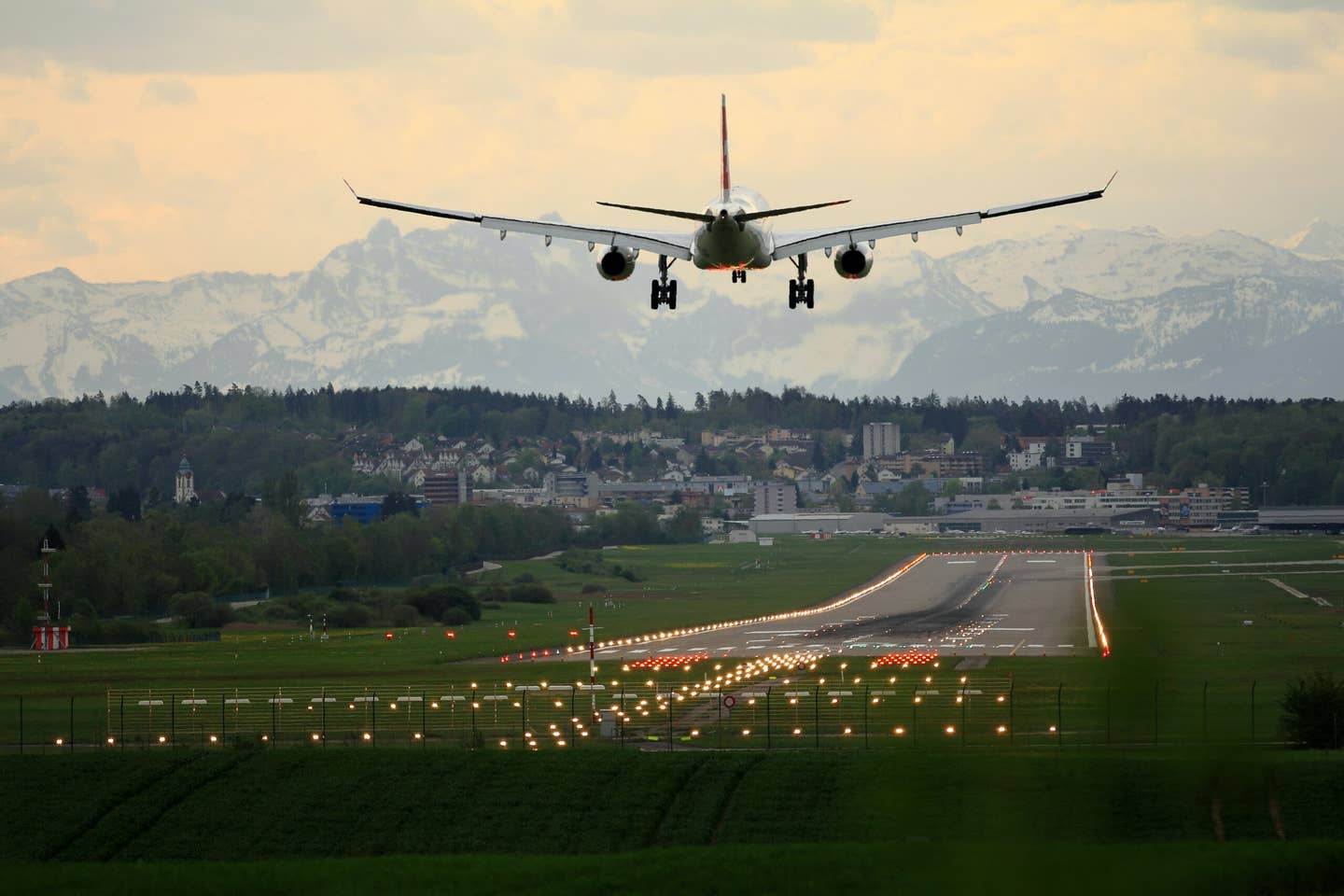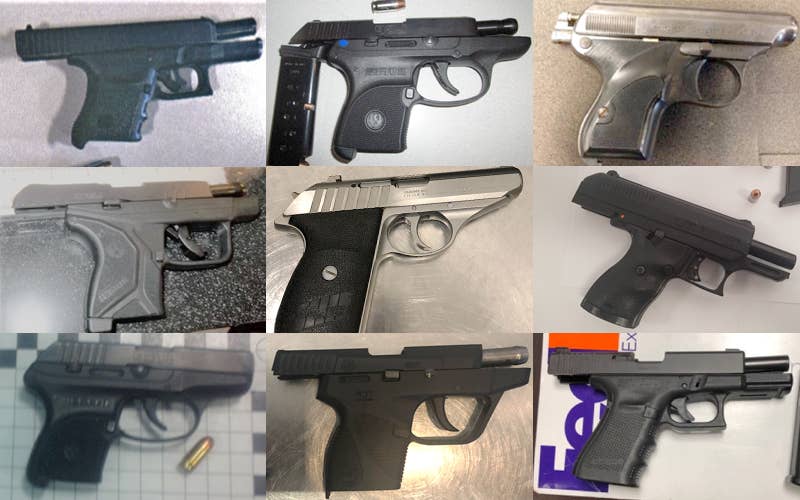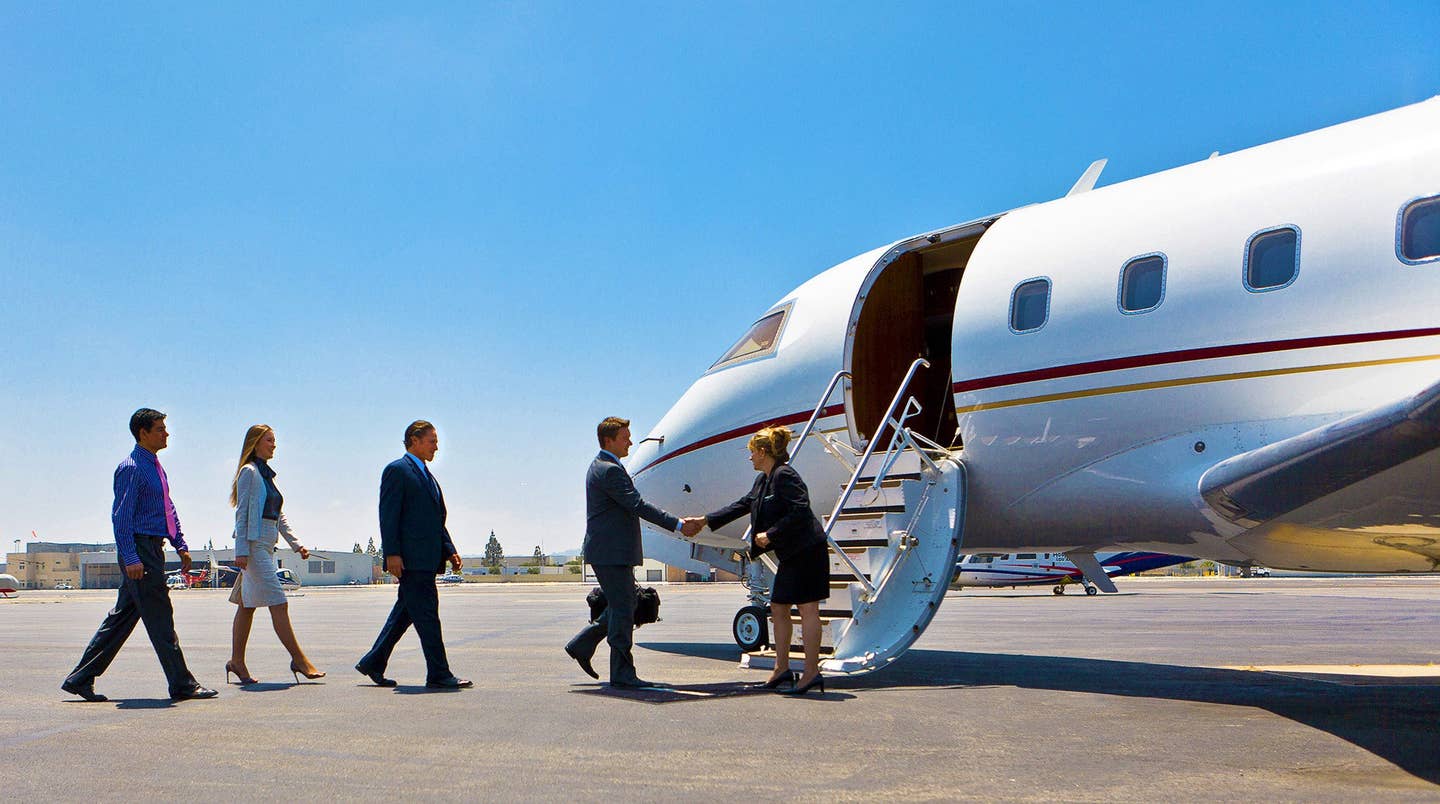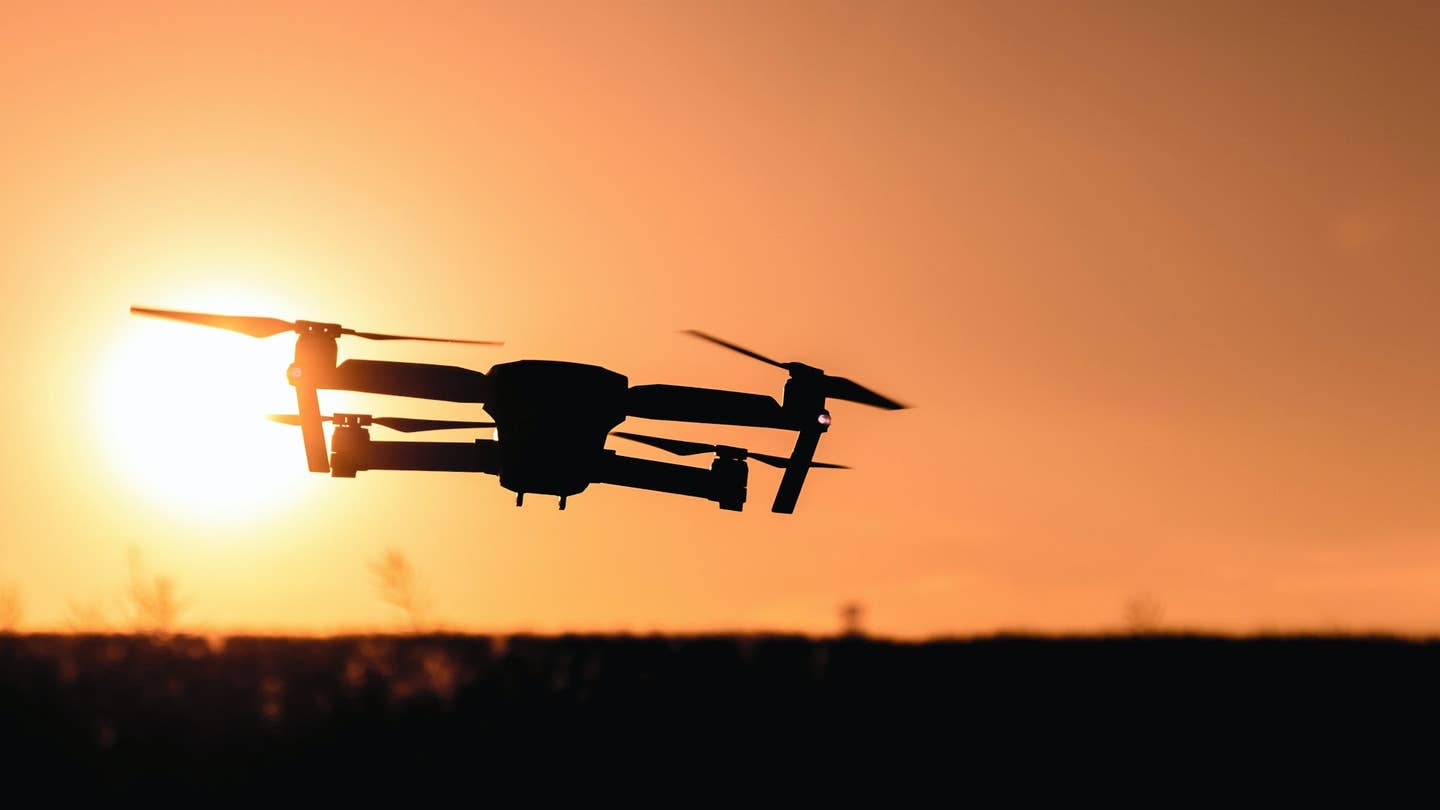
How old do you have to be to get a pilot’s license? We’ll discuss ages and types of licenses available [Credit: Unsplash]
When it’s time to leave home and metaphorically spread your wings, you might literally want to learn how to fly. Flying is the safest form of transportation out there, so giving a young person the opportunity to get a pilot license doesn’t seem that far-fetched.
So, how old do you have to be to get a pilot’s license? We’ll discuss ages, the different types of licenses available, and how to become a pilot in the following article.
Easily become an airplane or commercial pilot online! Courses designed by industry experts can help you pass FAA tests and get into the sky!
Enroll NowHow Old Do You Have to Be to Fly?
There is no minimum age when it comes to learning how to operate an aircraft. Some people start training with a qualified instructor as young as 11 or 12 years old. However, there is an age requirement for obtaining a student pilot license.
What is the Youngest Age That You Can Get a Pilot’s License?
You only need to be 14 years old to get a student pilot license, but that only permits the operation of balloons and gliders. So, how old do you have to be to fly a plane?
How Old Do You Have to Be to Take Flying Lessons?
Again, there’s no specific age required to take flying lessons. However, you do have to be at least 16 years old to legally fly solo. The first step toward getting a pilot license is applying for a student pilot certificate.
How do I Get a Student Pilot Certificate?
According to the Federal Aviation Association (FAA) website, visit the Integrated Airman Certification and Rating Application (IACRA) website, or apply by paper using FAA form 8710-1. You then have several avenues through which you can submit the application to the Airmen Certification Branch.
Just take the form to either a Flight Standards District Office (FSDO), an FAA-designated pilot examiner, an airman certification representative associated with a part 141 flight school, or a certificated flight instructor. Any of these offices will then send the forms to the proper destination so that they can be processed.
A student pilot certificate will be mailed to you once officials verify that you meet all of the requirements. From there, you’ll be well on your way to obtaining your pilot license.
What are the Eligibility Requirements for a Student Pilot Certificate?
Along with a minimum age of 16, or 14 for gliders and balloons, you must be able to read, speak, write, and understand the English language. A medical exam may be needed depending on the kind of pilot license you want.
When do I need a medical certificate?
You don’t need a medical certificate to fly gliders or balloons, but before you fly solo, you will need to pass a medical exam. It’s recommended to take the exam before you begin paying for flight lessons. If there are conditions that will prevent you from getting your pilot license it’s best to find out before you spend on costly lessons.
Medical exams are given every five years to pilots under 40 years old, and every two years once they turn 40.
What is the Maximum Age to Be a Pilot?
Commercial pilots must retire at 65, but they can still fly privately. Private pilots over 65 must pass a medical exam and flight review every two years to keep their pilot license.
Can a Pilot Fly Anywhere in the World?
The simple answer is yes. The International Civil Aviation Organization (ICAO) has a set of standards that must be met for international flight. A pilot license and other necessary certificates from the United States are widely accepted since they closely conform to the ICAO rules.
Different Pilot Licenses and Their Requirements
We’ve answered the question, “How old do you have to be to get a pilot’s license?” But, there is more than one type of pilot license, so let’s take a look at the differences and benefits offered by each.
Student Pilot License
This license is for students in training and is required before you fly solo. A student pilot license will allow you to log solo flight time, but you don’t need one to take lessons.
Minimum Age: 16 (14 for gliders and balloons)
Aircraft: Airplane, helicopter, gyroplane, and airship
Sport Pilot License
This pilot license allows you to fly light sport aircraft (LSA) without a medical certificate, and only during daytime hours. An LSA is an aircraft that is simple to operate and the best choice if you only fly for fun.
Minimum Age: 17 (16 for gliders and balloons)
Aircraft: Light Sport Aircraft
Recreational Pilot License
If the thought of flying more powerful aircraft excites you then this is the pilot license to get. Many of the restrictions held by student and pilot certificates are lifted with an instructor endorsement.
Minimum Age: 17
Aircraft: Aircraft up to 180 horsepower
Private Pilot License
If you want to know how to become a pilot of any aircraft, it starts with obtaining a private pilot license. The sport and recreational licenses only permit pilots to carry one person when in flight, but private license holders can transport several passengers.
Minimum Age: 17 (16 for gliders and balloons)
Aircraft: Any with proper training
Commercial Pilot License
You can make money flying once you get your commercial pilot license. Banner towing and flight instruction are two simple ways to earn extra cash. However, there are further certifications needed if you want to become an instructor or carry passengers.
Minimum Age: 18
Aircraft: Single and dual engine aircraft
Airline Transport Pilot License
You need this pilot license to fly for a commercial airline. Either a restricted or unrestricted license can be obtained. The restricted ATPL license is for pilots who still have to meet the minimum age and/or hour requirements. Restricted ATPL holders can work as co-pilots until they qualify for an unrestricted ATPL.
Minimum Age:
- Typically 23
- 21 for restricted ATPLs
Aircraft: Passenger and cargo aircraft
Teach the Children to Fly and Watch Them Soar
Learning to fly has more to do with one's level of maturity rather than age. Granting young people the privilege of flying can spark the imagination and creativity, leading to innovative technological advances in the future.
There are so many career options within the world of aviation. Obtaining a pilot license is just one of many gateways to discovering even more opportunities in the industry!
If you want to stay in-the-know regarding the advancements being made with flight safety and maintenance, subscribe to FLYING Magazine for reliable and consistent information.

Subscribe to Our Newsletter
Get the latest FLYING stories delivered directly to your inbox







